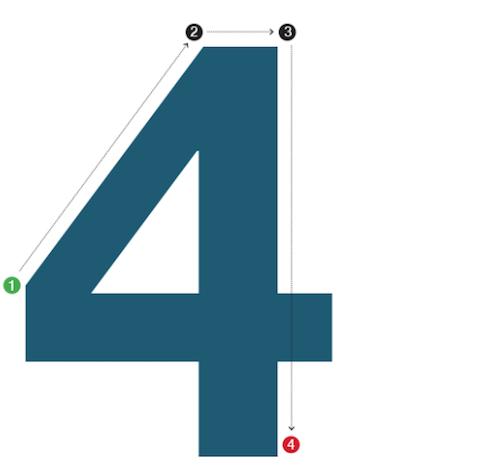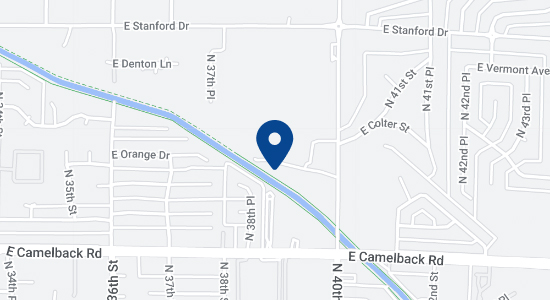& Preserve Their Legacies
Probate & Trust Administration
Administration of a Trust or Estate Overview
Generally, an administration of a trust or probate estate is required whenever someone passes away. Unfortunately, there is a misperception by the public that if assets are jointly held with, or payable on death by a beneficiary designation to, someone else that an administration is unnecessary. Unfortunately, this is simply not true. In fact, we often see title to assets never get cleared until the joint owner actually passes away, adding to the complexity of administering the affairs of both people who now have died. In short, there are important tax and personal reasons why you cannot wait.
There are four things that need to be completed every time someone passes away. Assets need to be valued, last illness and other expenses need to be paid, final tax returns need to be filed with the appropriate taxing authorities, and distributions need to be made according to the planning.
Who Needs to Administer a Trust or Estate?
Everyone will need to do this at the time of someone’s death. Even after the death of your spouse and everything is jointly owned, an administration still needs to occur. As an experienced estate planning law firm, we cannot strongly encourage you enough to proceed with a proper administration. More often than not, the family needs to address serious personal and financial matters, including issues relating to personal income and estate tax matters, creditor notices and settlement, title transfer of assets, and distribution to any named beneficiaries. The tasks involved may be simply to transfer assets to beneficiaries or to document the new tax cost basis in property to achieve more favorable income tax treatment for beneficiaries. However, there may be more complex matters that need to be addressed like preservation of the estate tax “coupon” through portability or allocating the generation skipping exemptions. In any event, some sort of administration always will be required. It will just depend upon the particular circumstances as to how extensive it needs to be. There are serious consequences to not doing an administration and failure to do so may be a breach of one’s fiduciary duties as personal representative of the estate or successor trustee of the trust, which could result in personal liability to you.
Timing also is critical, as many tasks need to be completed as early as sixty days to be in compliance with the law. Unfortunately, these administrative activities are not necessarily instantaneous. Diligence is required.
Also, be careful you don’t put the cart before the horse and start notifying anyone you can think of about the passing of a loved one. Many people mistakenly contact banks, utilities, credit card companies, in an effort to remove the deceased person’s name from any account. Doing this without some professional guidance first, could result in the creation of additional challenges that would not have otherwise existed if the contact was never made. For example, most car loans and mortgage agreements have a provision in the contract that says death constitutes a default under the contract even if the payment is current. Most of us do not want to be fighting repossession simply because the loan company was contacted. The same holds true with utilities. You do not want to be forced to put down a deposit on an existing account simply because you advised them of the passing of your spouse. There is a definite process to what should happen and when. Call our offices and we’ll assist you in navigating through it. It will be time and money well spent.
The Four Steps

1. VALUATION
Assets need to be valued on the date of someone’s death. There are important tax (income and estate) reasons for doing this that provide benefits to a surviving spouse and other beneficiaries. The burden is on the taxpayer and much more difficult to do later. More…
2. CREDITORS
Last illness and other expenses need to be paid. Without formally noticing creditors a personal representative (executor) or successor trustee is exposed to creditor claims for as many as six years. Publishing an appropriate notice reduces this time in Arizona to 120 days. More…
3. TAX FILINGS
The government wants a tax return from you even when you are deceased. The personal representative (executor) or successor trustee is charged with making sure this occurs. The filing deadlines vary and can come very quickly. More…
4. DISTRIBUTION
The best step of all! Once one has completed all of the other steps above, it is time to make a distribution according to the terms of the will, trust, Arizona intestacy law or asset beneficiary designation. A cautious personal representative (executor) or successor trustee will want appropriate acknowledgment to release him or her from future accountability. More…
Conclusion
Most people do not have any experience in knowing what to do when someone passes away, and as a result do not know what should be done, and when. We encourage you to review the various resources we have provided in our website to help you successfully navigate through the administration process. To get started, determine if you are a nominated successor trustee, personal representative (executor), or a possible beneficiary of a trust or estate. You may be more than one of these people, and wearing multiple “hats”. Thereafter, follow the links to the appropriate heading to learn more. If you need to ask a specific question, please feel free to contact our office, 602-424-5547. Pfarr & Rethore, PC provides a full range of trust administration and probate services to its clients.









